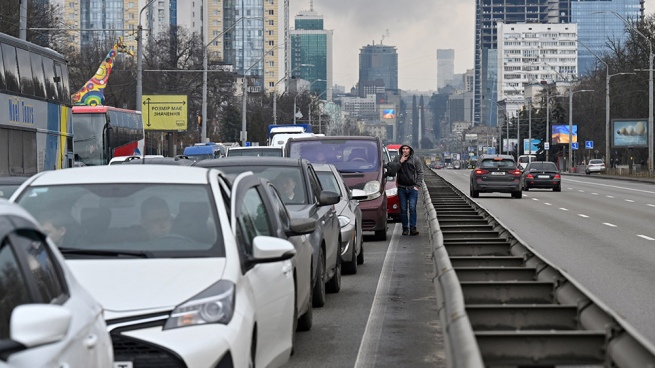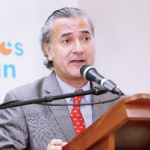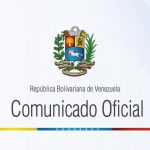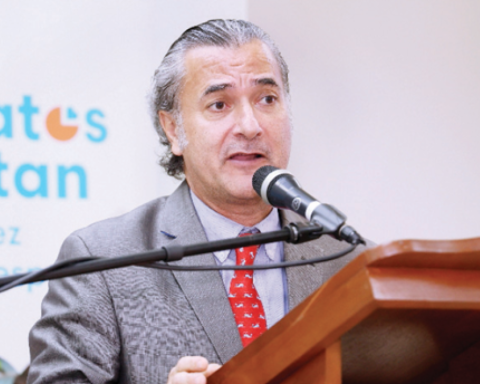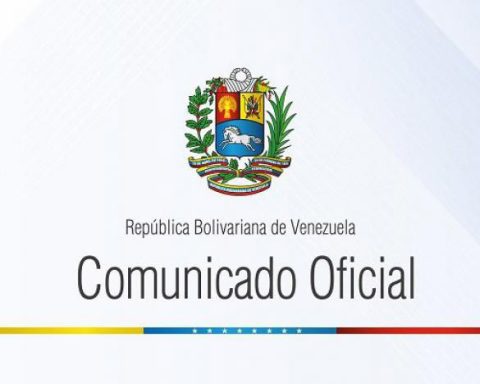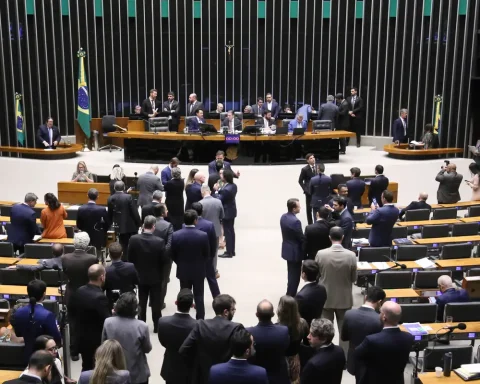The General Director of Consular Affairs of the Foreign Ministry, Ana Laura Cachazareported this Monday in dialogue with Télam that another eight Argentines are leaving Ukraine this noon (Argentine time) from the border city of Lviv to enter Poland during the day, from an operation coordinated by the Argentine embassies in both countries, with which There would already be 40 evacuees since the Russian invasion began.
“Until today we had 32 (evacuees) among Argentines with their Ukrainian families, a Paraguayan and a Chilean. Today eight more are added, five young people who were temporarily in Ukraine plus three Argentine journalists who asked for assistance to get out and joined,” detailed this morning in statements to this agency.
The official, who is in Buenos Aires, coordinates the negotiations with the ambassadors in Ukraine, Elena Mikusinsk, and in Poland, Ana María Ramírez.
“It is an articulated job,” valued the diplomat, who stressed that the three work “in close communication with the Argentines who are in Ukraine.”
The Foreign Ministry had reported that 83 Argentines live in Ukraine, where they have their registered address, while another 20 were temporarily in the country: of the latter, five had reached Lviv, where today they were leaving together with three journalists, also Argentines, in vehicles provided by the embassy.
“Ambassador Ramírez stayed at the border, she was able to get a vehicle by arranging with the Lviv mayor’s office, and she was at the immigration post coordinating entry with the Polish and Ukrainian authorities,” Cachaça explained.
The crossing required two trips (there were eight people for one car) and the first three passengers “already crossed from the Polish side,” the official reported, while the last five were close to making it.
On Sunday, Ambassador Ramírez had done the same with five Argentine families, who had traveled to Ukraine to take their babies, born from surrogate wombs in that country.
“The families were transferred today to Warsaw so that they can take their flights and can return to the country,” explained the diplomat.
Cachaza, meanwhile, marked the importance of continue in communication with the Argentines who remain in Ukraine (most of whom are married to Ukrainians and live there) and achieve “a mapping of where they are” because “the situation is very dynamic and it is a reality of conflict”.
For this reason they opened a communication channel in the mail [email protected], to which those who wish to leave the country can communicate, while the rest of the Argentine community in Ukraine is given updated information minute by minute.
Cachaza calculated that approximately About fifteen Argentines who permanently reside in Ukraine have already left the country; the rest are still there.
He also highlighted the relevance of the consular cooperation mechanism that was activated to collaborate with Latin American countries that do not have diplomatic representation in Ukraine or Poland.
Finally, The official noted that most of the evacuees left Ukraine through Poland, while seven did it for Hungary, two for Romania and another two for Slovakia, where there is no Argentine diplomatic legation and the representation is in charge of the embassy in Austria.
Foreign Minister Santiago Cafiero said today, at the 49th session of the UN Human Rights Council held in Geneva (Switzerland), that “the world does not support more suffering nor should it tolerate more deaths; peace is urgent.”
In this framework, he stated that “dialogue must begin now” and, after arguing that “preventive wars are reprehensible because they are not lawful,” he assured that “diplomacy is there to discuss.”
“Argentina reiterates to the Russian Federation that it immediately cease the use of force and condemns the invasion of Ukraine as well as the military operations on its territory,” Cafiero expressed in his speech.
In addition, the Argentine pro-tempore presidency of the Community of Latin American and Caribbean States (CELAC) highlighted yesterday the initiative proposed by Peru to address “in a coordinated manner” the assistance to its citizens in Ukraine through consular cooperation, and in that sense explained that “they are already articulating the resources” with the purpose of advancing in the implementation of an evacuation plan for them.
As a result of these efforts, Cachaza said that a Paraguayan and a Chilean citizen were able to leave Ukraine in recent days with the assistance of the Argentine embassies, in communication with each other and coordinated with the Foreign Ministries of Paraguay and Chile.
